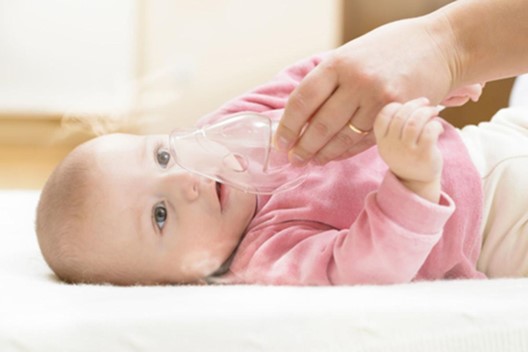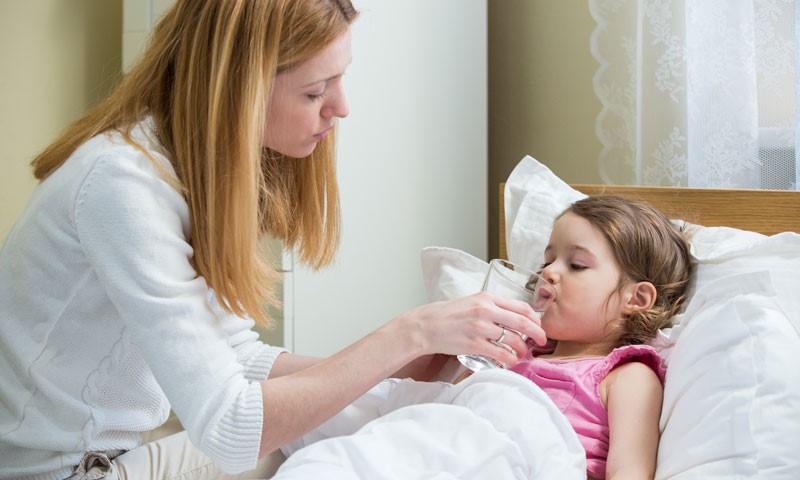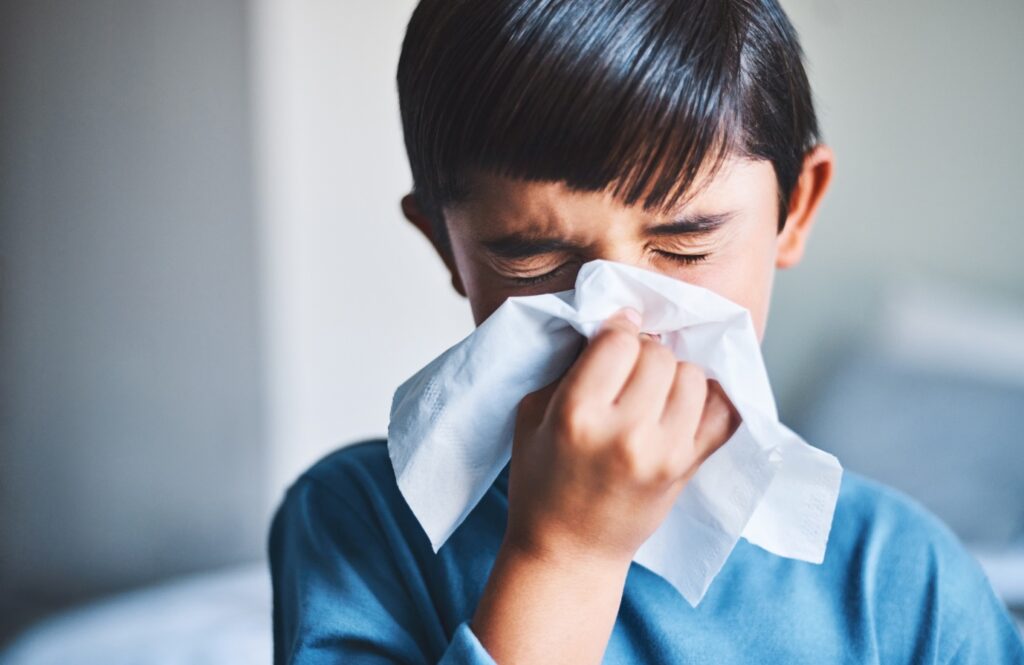Hives (urticaria) are little bumps that you may find on your baby’s skin. They tend to be found on the torso and appear out of nowhere. They often leave no scars but can cause some discomfort. As a parent, it can be very concerning for you – especially if it’s the first time you have seen hives.
Let’s talk about hives and help you understand when they can pose a real threat.
What are hives in children?
Hives are little regions of inflammation that cause the skin to get raised and form bumps. They seem to happen out of nowhere but are actually a standard immune system response to foreign substances. They are prevalent in children and are usually found on the back, the stomach, or the chest. Hives may cause some discomfort to your baby. However, they usually go away on their own without leaving scars or other marks.
Are there different types of hives?
Hives that last longer than six months are called chronic hives. Anything that lasts less than 6 months is called acute hives. Sometimes the bumps go away for a short while, only to return a few days later.
What do hives in children look like?
Hives are red – similar to any inflammatory bumps seen on an adult. However, on darker skin tones, they may appear purple or grey.
They often have the following characteristics:
- Appear as multiple groups.
- Vary in sizes from small to large.
- Cover large areas of the skin.
- Vary their shape.
- Appear as circular rings.
- Be paler towards the center.
- Look quite similar to a mosquito bite.
Can hives be dangerous?
Usually, hives don’t pose any significant threat to a child. But, they can cause discomfort, including itching, a little pain, or a stinging sensation. Children may get a little fussy because of them.
However, sometimes hives can have the symptoms of anaphylix – another name for an allergic shock. The signs of an allergic reaction are as follows:
Difficulty in breathing or swallowing food
- Dizziness
- Losing consciousness
- Drooling
- High body temperature
- Pain in joints
- Tongue swelling up
- Vomiting
What causes hives in children?
Hives don’t have any “causes,” per se. However, they can often be triggered by an allergic response.
Some everyday items that can trigger allergies are as follows:
- Chemicals in household products
- Detergents
- Dust
- Milk
- Nuts
- Shellfish
- Latex
- Mold
- Pets
- Pollen
Some other causes of hives can be:
- Different infections
- Bites of insects or other animals
- Very tight clothing
- An adverse reaction to radiotherapy or other drugs
- A viral attack, including the SAR-CoV-2 (COVID-19).
Rarely, hives can be caused by the following:
- Exercise
- Exposure to different temperatures (hot or cold)
- Stress
- Sunlight
How to treat hives in children?
Acute hives don’t require treatment and will go away on their own. Chronic hives may need to be treated using antihistamines. The anti-allergy medication will help control the spread of hives and lead to their regression. However, they must never be used without consulting a doctor.
You can also try doing the following to make your child more comfortable:
- Avoid taking them out in the sun or from the heat in general.
- Give your child cool baths and keep them in a cool room.
- Apply calamine lotion to the parts covered by hives.
When to call the doctor?
If your child has chronic hives, you need to visit a doctor. They will prescribe the medication needed to control it. Moreover, your doctor might suggest allergy testing to determine the cause of the hives and prevent them in the future.
However, if your child shows any symptoms of anaphylaxis, you need to immediately call the ambulance. This is a life-threatening reaction and requires immediate administration of antihistamines that paramedics carry with them.
An insight from mamahood
Hives are generally harmless inflammatory bumps on your child’s skin. You need to consult a doctor if they last longer than 6 months. Sometimes, your child may undergo an allergic shock. This is life-threatening and requires immediate medical attention via an ambulance.








